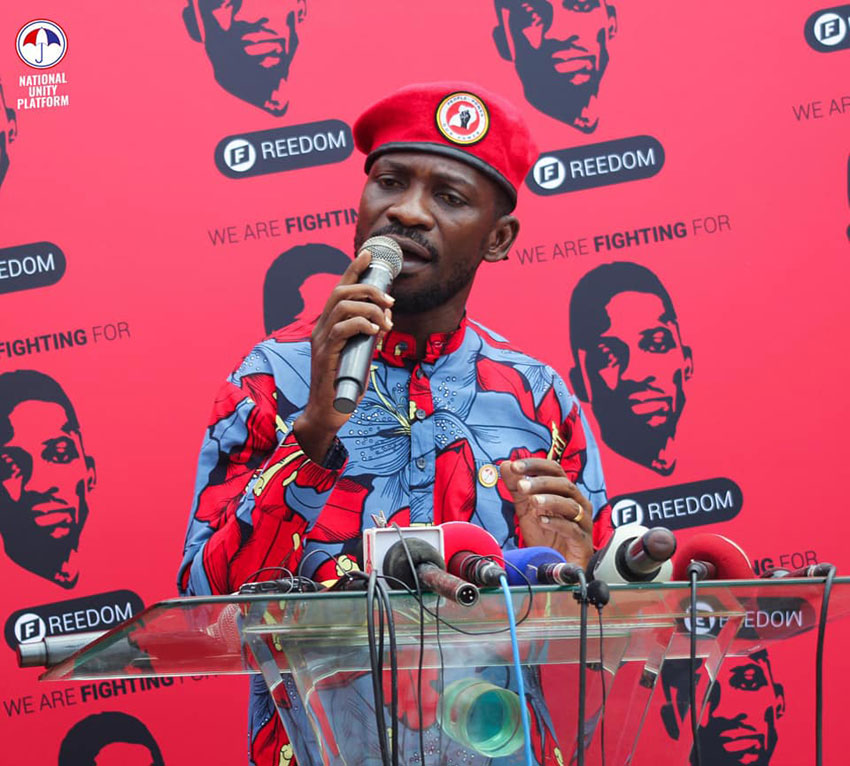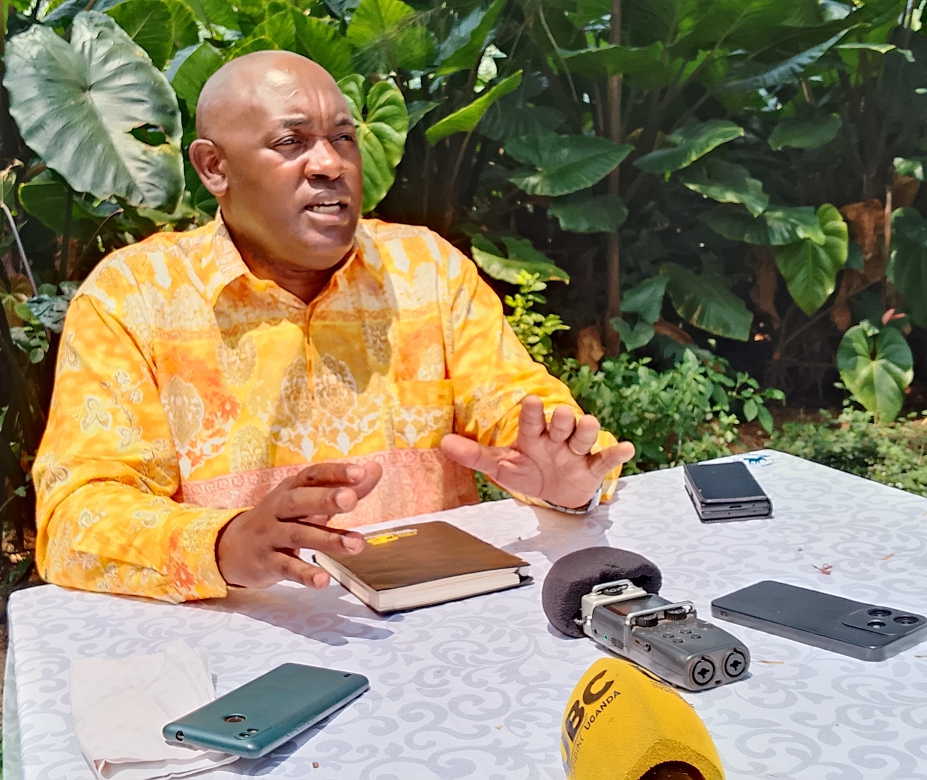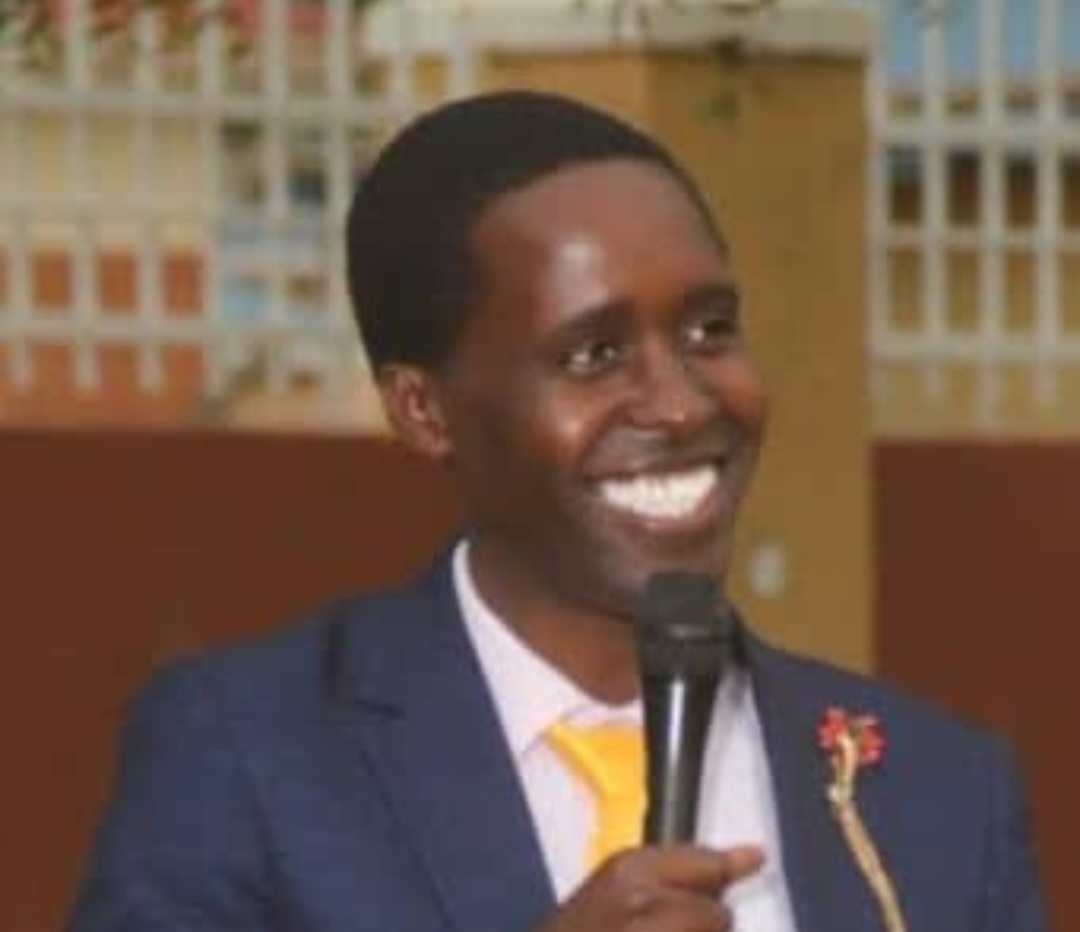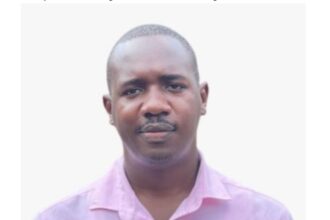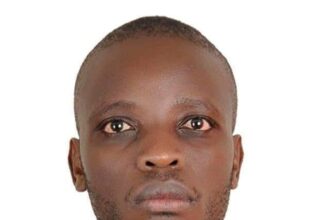In Uganda the number of cases of Covid 19 at first remained small through a policy of keeping it out by closing the airport, testing at the borders and quarantining all those who entered the country. Covid cases were therefore picked up on entry and isolated so that the virus did not get established in the community. These measures ensured that there was little Covid within Uganda.
At an early stage the country also went into lockdown, and measures such as social distancing, hand-washing, wearing masks and measuring temperatures were introduced. Therefore, even if there had been a few cases of Covid within the country it did not spread. Later the lockdown was lifted, but schools, universities and bars stayed closed and a curfew remained in place, so there was some limitation on social mixing. However, since Uganda is a landlocked country and the number of cases in our neighbouring countries continues to rise, it was difficult to prevent some cases of Covid from seeping into the border districts and from there being spread to Kampala.
While there was no mortality due to Covid we hoped that we had been spared the worst, and indeed we did much better than many western countries, but it was unlikely that we could maintain this record, because the implementation of our systems was not full proof. We also knew we were favoured by our population demography, with a very high percentage of young people – who were much less likely to be severely impacted – so we continued to hope that we would not be badly affected. Then the arrival of the political season heralded a new source of excitement that pushed worries about Covid into the background. Also, since we had been in lockdown for so long, people were desperate to get back to some sort of normal existence.
The result of all this is that just as Covid has become a serious threat, we have relaxed and became less preoccupied with taking measures to reduce that threat. One could be in certain densely populated parts of Kampala without seeing anyone wear a mask, and people acting as if they have never heard of social distancing. The first reports of deaths due to Covid were mistrusted, and as the political season is heating up, one can witness aspiring politicians bringing people together in their campaigns, despite campaigns being billed as ‘scientific’.
Now there are cases turning up in various hospitals across the country and several deaths have been reported. While the Covid reporting was reasonably accurate in the past, we are getting to the stage where the statistics are not always accurate. In other words there is likely be more Covid in the community than is being reported because there is a shortage of tests, and as more sporadic cases spring up it is difficult to keep on top of the situation. Personally I know of cases in Luweero, at Kiwoko Hospital, in Kampala, at various corporate organisations and hospitals, and in many other parts of the country. In other words we do not know where the next case will occur.
While measures such as the curfew and keeping schools closed are still in place, these will somewhat curtail movement and thus spread, but Covid cases and the number of fatalities will continue to rise. It is unfortunate that there is a widespread perception in the community that Covid is some kind of political maneuver, because now is the time when we are most at risk.
There is a number known as the R number, which is the rate at which Covid is being spread to other people, so if the R factor is 1, one person is spreading it to one other person. If the R factor is 2 it is being spread to two more people, if it is 3 it is being spread to three more people. In order to prevent exponential spread the R factor needs to be less than 1 and the only way to reduce the R number is to trace all the contacts of a case and quarantine them for 14 days to ascertain who is positive and then keep the positive cases in isolation. But in order to do this one needs many tests and an army of health-workers carrying out contact tracing.
Now more than ever we are at risk, so we better start practising social distancing, wearing masks, and hand-washing. Plus, we need to limit our contact with people by having virtual meetings and staying at home unless it is essential to go out. Until we have a vaccine, Covid is not going anywhere, and it is up to us to practice the measures that will keep us safe.
Do you have a story in your community or an opinion to share with us: Email us at Submit an Article





